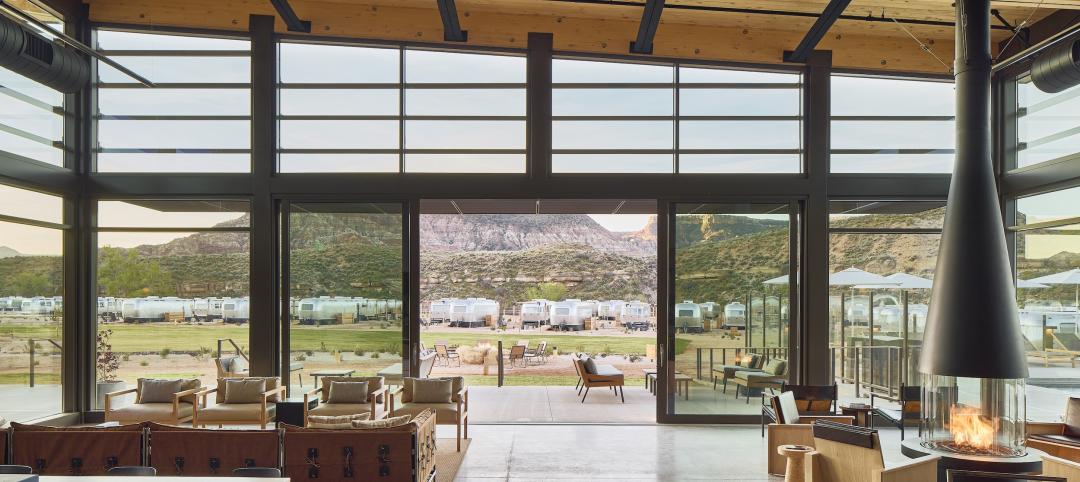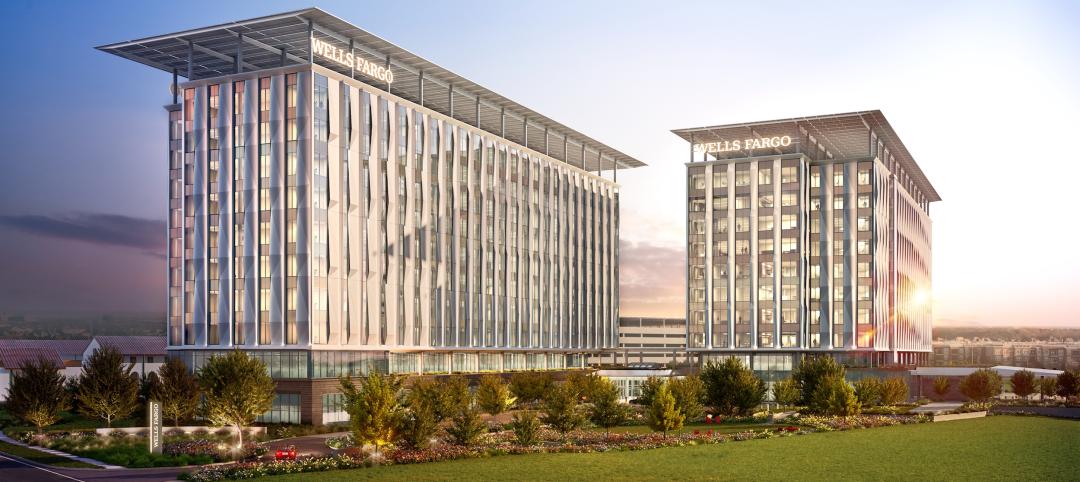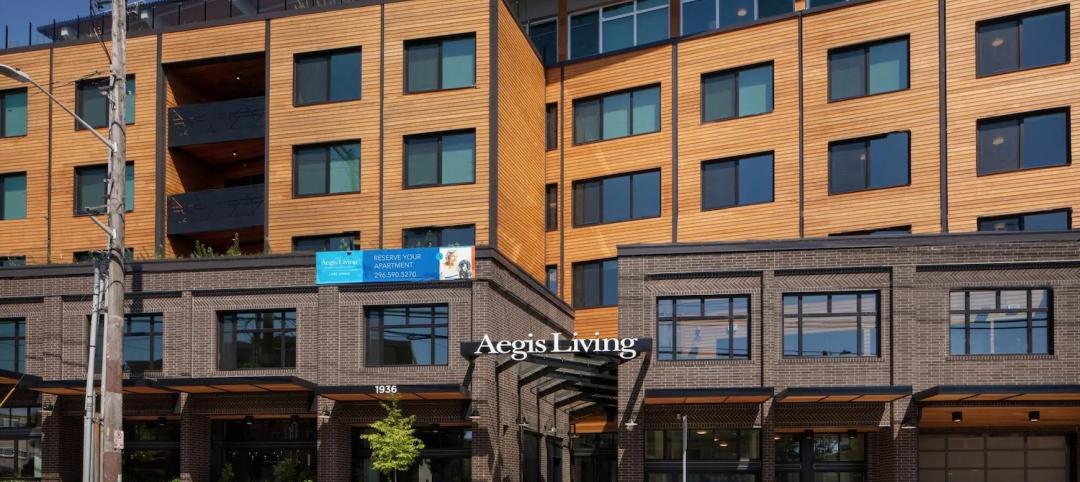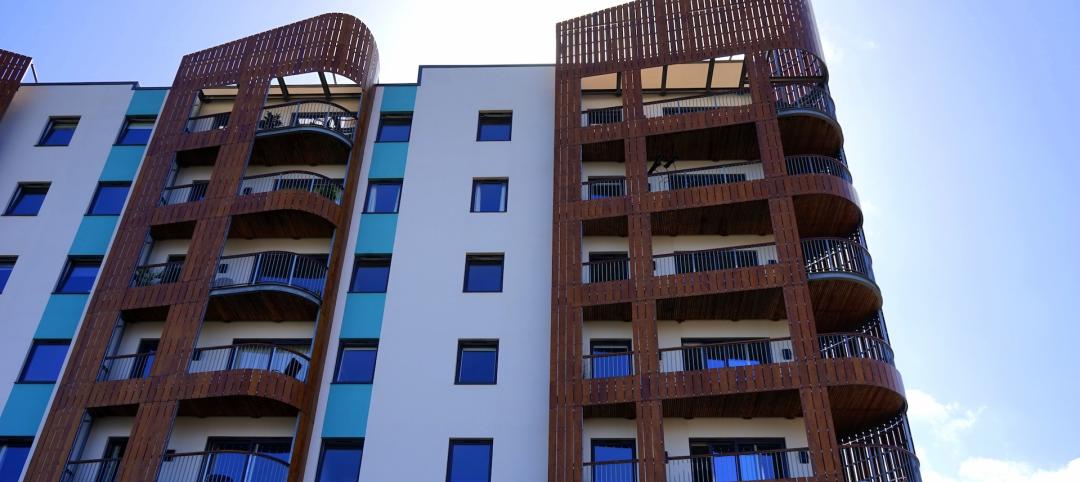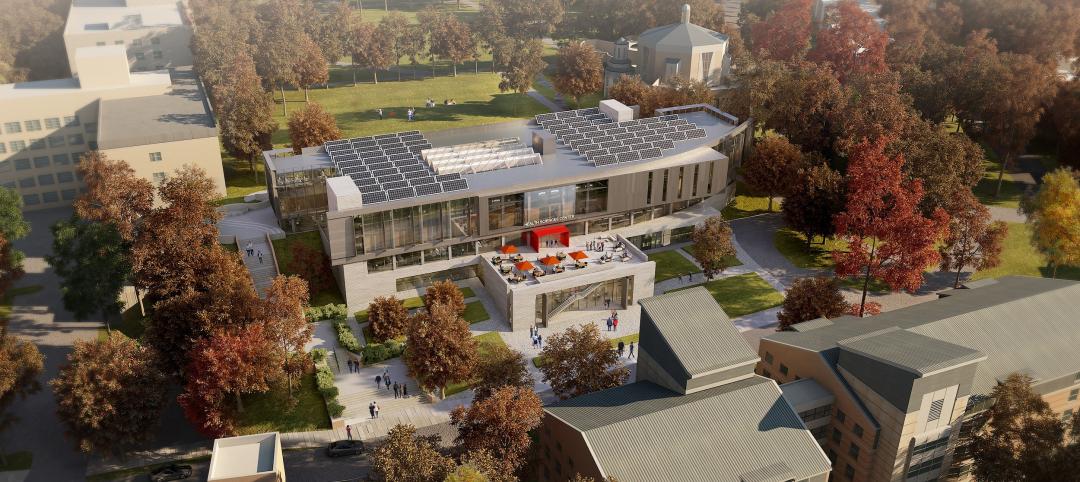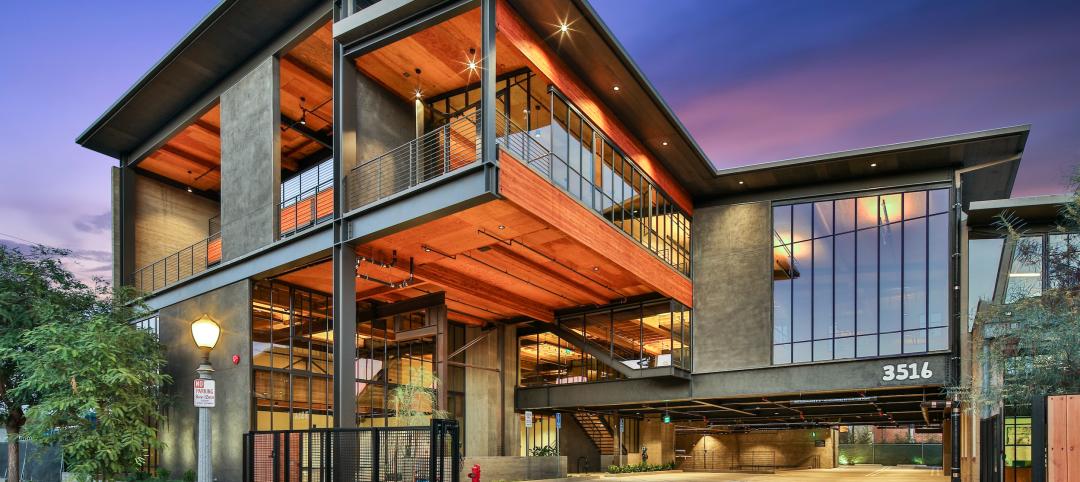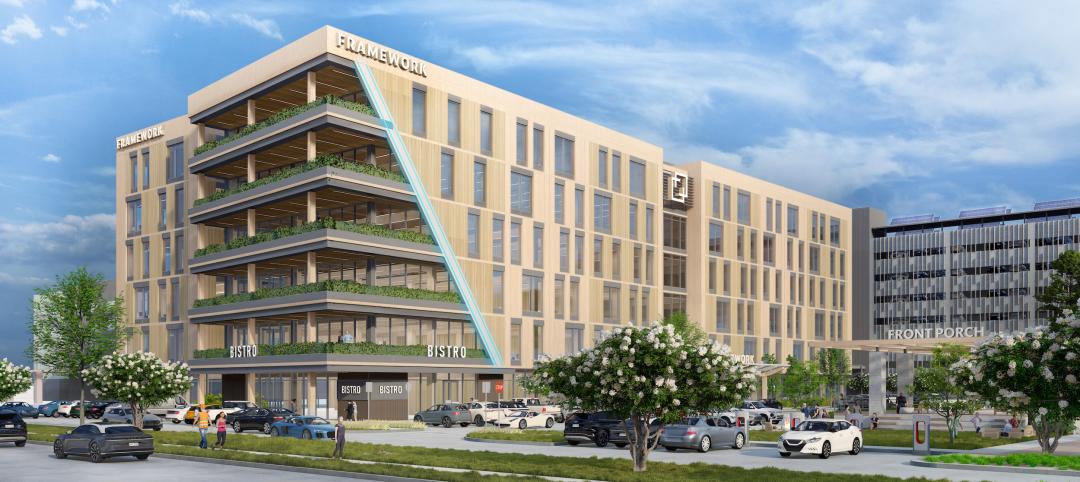Much has been written and talked about how Millennials are a different breed than either Gen Xers or Baby Boomers when it comes to their work habits and preferences. And many companies are probably wondering about how radically they might need to transform their workspaces to attract and keep Millennials who are projected to account for 45% of America’s adult population in 2025, up from 24% today.
But businesses shouldn’t panic about the prospects of having to design offices to accommodate several generations within their workforces. It turns out that there may actually be little difference among young and older employees in terms of how they work and what they place value on in office settings.
A recent survey of 5,500 U.S.-based professionals from a wide range of industries, conducted by CBRE and gleaned from 250 questions, found that a company’s culture is likely to be a “better predictor” of how workers spend their time at the workplace, as opposed to generational differences. CBRE illustrates that point with changes it has initiated at many of its 33 office sites.
Contrary to common perceptions of Millennial workers as socially minded technocrats with disdain for organizational hierarchies and protocols, the survey found that “Millennials are not shunning collaboration. Rather, they are reacting to environments that, by and large, give them limited space to collaborate and socialize, but practically no spaces (or conditions) in which they can focus.” The survey went on to state that Millennials, more than any other generation, enjoy working in all types of workspaces “and have a strong desire for flexibility and choice in the workplace.”
That doesn’t mean Millennials’ workplace mentality is in lockstep with older colleagues. For example, 31% of the Millennials surveyed place value on workplaces that promote socializing, versus 17% of Gen Xers who expressed that preference, and 10% of Baby Boomers. More Millennials than the other cohorts also place value on having office spaces for learning and training. And, surprisingly, more than half of Millennials—54%—prefer office environments with more formal meetings, compared to 34% of Gen Xers and 27% of Baby Boomers.

More Millennials than the other cohorts place value on having office spaces for learning and training. And, surprisingly, more than half of Millennials—54%—prefer office environments with more formal meetings, compared to 34% of Gen Xers and 27% of Baby Boomers.
“This illustrates the desire to have increased visibility into the organizational decision-making, and a more established and integrated seat at the table,” the survey conjectured.
(Equally surprising was the finding that 48% of baby boomers prefer offices where they can connect with colleagues and customers via Social Media, versus 39% of Gen Xers and 30% of Millennials.)
The “bottom line,” said the survey, is that businesses shouldn’t necessarily design their workplaces around Millennials alone. “Design a well-balanced office that can accommodate all generations of workers—one that provides a healthy mixture of independent focus workspaces, areas that provide greater collaboration opportunities (virtual and face-to-fact) and an environmental that promotes employee socialization.”
A focus on employees’ wellness
CBRE is also putting its money where its mouth is. Its Workplace Strategy Group is rolling out a program called Workplace360, which the Group’s senior managing director Lenny Beaudoin says is “reinventing the office.”
CBRE launched this initiative after it polled its employees and found that, on average, they spent 49% of their time in the office (compared to the national average of 58% for all workers), and 31% collaborating (compared to the national average of 51%). “We found there was a high demand for collaboration and the need for services from the office. Our [office] model didn’t fit this,” says Beaudoin.
So as its office leases expire and it moves into new spaces, CRBE is designing offices to be open and collaborative, with an emphasis on what Beaudoin calls “activity-based working” that’s supported by a network of flexible spaces. CBRE has executed Workplace360 in 22 offices, and will convert the remaining offices to this program as their leases roll up over the next three to four years.
CRBE is also partnering with New York-based Delos Living, which has created a wellness certification that focuses on improving occupant health. CBRE’s office in Los Angeles is its first to meet the criteria for that certification, which encompasses interior air quality, lighting, office hygiene, nutrition, fitness, and even employees’ motion.
Workplace360 and Delos’ wellness certification “are now our global template” for future office design, says Beaudoin.
Related Stories
Sustainability | May 11, 2023
Let's build toward a circular economy
Eric Corey Freed, Director of Sustainability, CannonDesign, discusses the values of well-designed, regenerative buildings.
Hotel Facilities | May 9, 2023
A new camping destination near Utah’s Zion National Park offers a variety of all-season lodgings and amenities
Outdoor lodging brand AutoCamp has opened a new camping destination near Utah’s Zion National Park. A 16-acre property, AutoCamp Zion is located between the Virgin River and the desert of Southern Utah.
Headquarters | May 9, 2023
New Wells Fargo development in Texas will be bank’s first net-positive campus
A new Wells Fargo development in the Dallas metroplex will be the national bank’s first net-positive campus, expected to generate more energy than it uses. The 850,000-sf project on 22 acres will generate power from solar panels and provide electric vehicle charging stations.
Regulations | May 8, 2023
Supreme Court case likely to have huge impact on Clean Water Act
A case before the Supreme Court will likely determine how the Clean Water Act is interpreted and the ruling could open up new areas for development within or adjacent to wetlands.
Senior Living Design | May 8, 2023
Seattle senior living community aims to be world’s first to achieve Living Building Challenge designation
Aegis Living Lake Union in Seattle is the world’s first assisted living community designed to meet the rigorous Living Building Challenge certification. Completed in 2022, the Ankrom Moisan-designed, 70,000 sf-building is fully electrified. All commercial dryers, domestic hot water, and kitchen equipment are powered by electricity in lieu of gas, which reduces the facility’s carbon footprint.
Multifamily Housing | May 8, 2023
The average multifamily rent was $1,709 in April 2023, up for the second straight month
Despite economic headwinds, the multifamily housing market continues to demonstrate resilience, according to a new Yardi Matrix report.
University Buildings | May 5, 2023
New health sciences center at St. John’s University will feature geothermal heating, cooling
The recently topped off St. Vincent Health Sciences Center at St. John’s University in New York City will feature impressive green features including geothermal heating and cooling along with an array of rooftop solar panels. The geothermal field consists of 66 wells drilled 499 feet below ground which will help to heat and cool the 70,000 sf structure.
Office Buildings | May 4, 2023
In Southern California, a former industrial zone continues to revitalize with an award-winning office property
In Culver City, Calif., Del Amo Construction, a construction company based in Southern California, has completed the adaptive reuse of 3516 Schaefer St, a new office property. 3516 Schaefer is located in Culver City’s redeveloped Hayden Tract neighborhood, a former industrial zone that has become a technology and corporate hub.
Mass Timber | May 3, 2023
Gensler-designed mid-rise will be Houston’s first mass timber commercial office building
A Houston project plans to achieve two firsts: the city’s first mass timber commercial office project, and the state of Texas’s first commercial office building targeting net zero energy operational carbon upon completion next year. Framework @ Block 10 is owned and managed by Hicks Ventures, a Houston-based development company.
Market Data | May 2, 2023
Nonresidential construction spending up 0.7% in March 2023 versus previous month
National nonresidential construction spending increased by 0.7% in March, according to an Associated Builders and Contractors analysis of data published today by the U.S. Census Bureau. On a seasonally adjusted annualized basis, nonresidential spending totaled $997.1 billion for the month.




